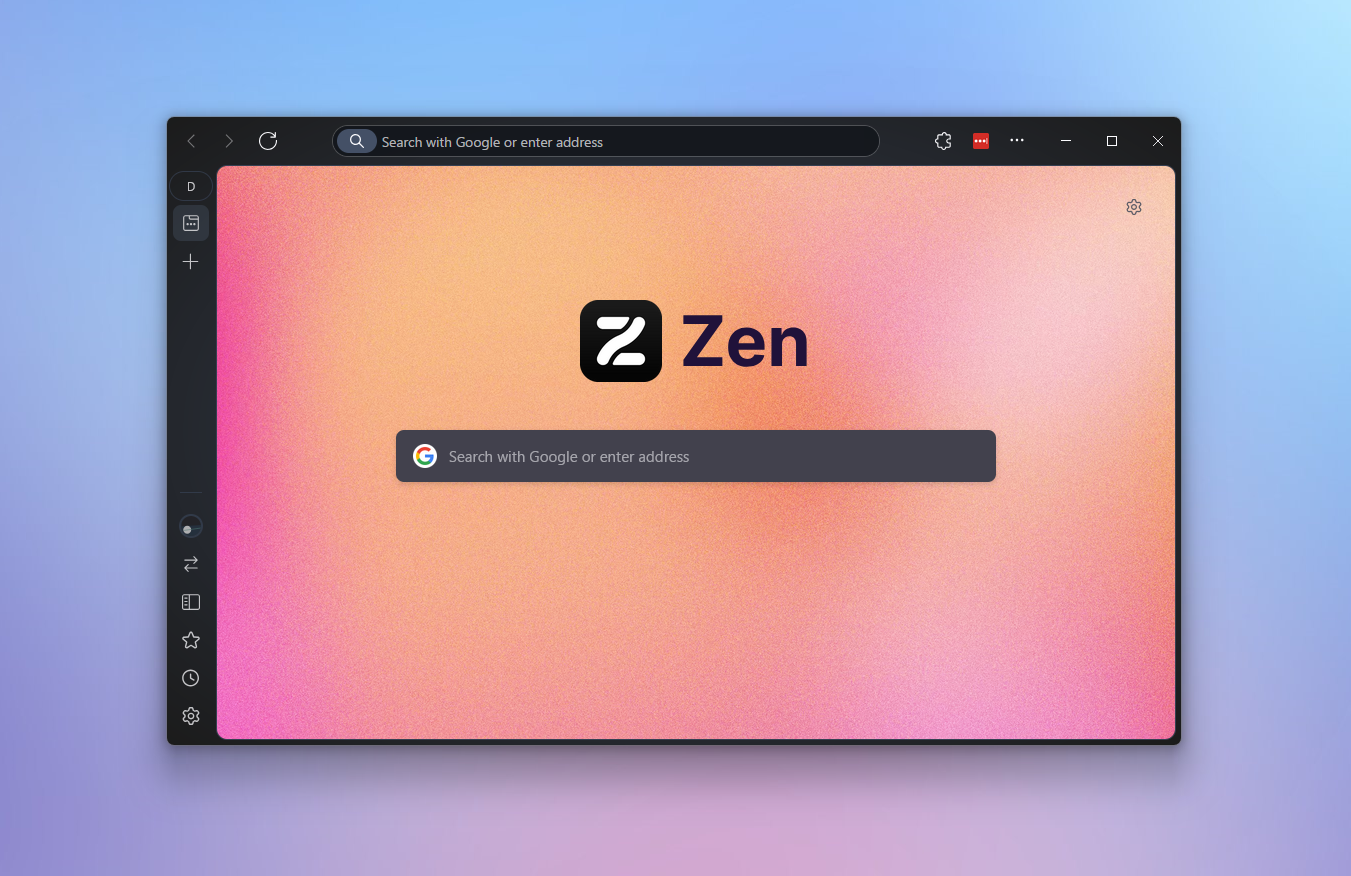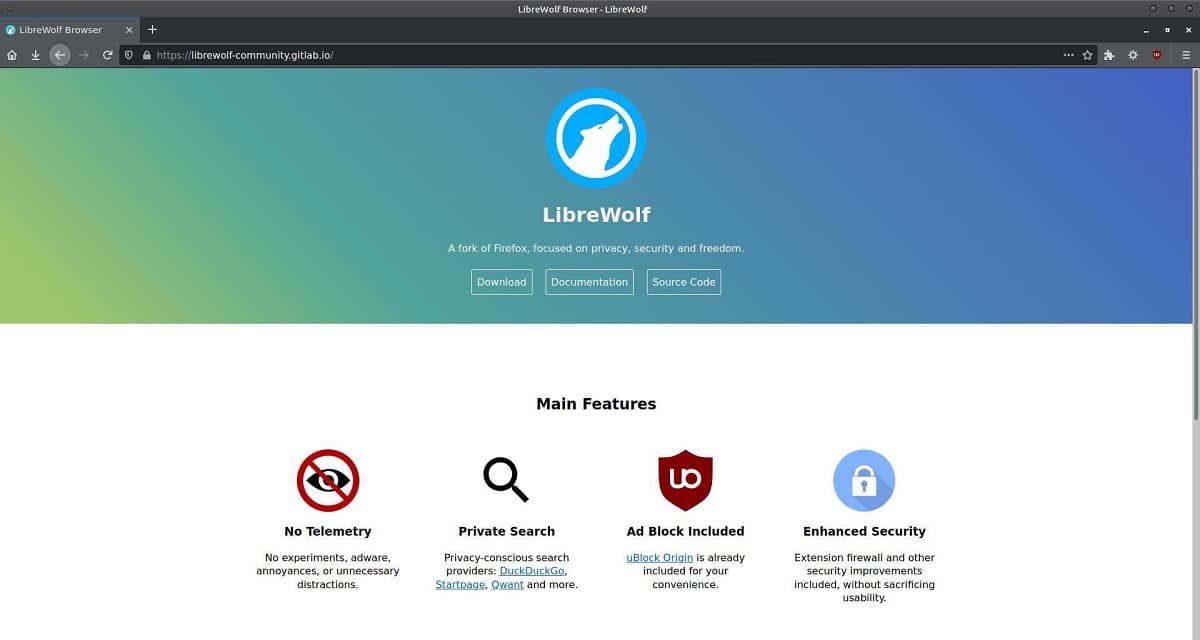Firefox used to be one of the most popular browsers. Since its release in 2004, its popularity grew steadily, nearly surpassing Internet Explorer. However, with the arrival of Chrome—a faster, more secure browser with more features—Firefox’s popularity dropped.
As a result, Firefox’s marketing shifted to focus on one keyword: privacy. That word is everywhere in Firefox. After all, Firefox is, in fact, more private than something like Google Chrome, which tracks everything you access.
But that has changed—with the browser’s new terms of service, it now includes this clause:
You give Mozilla the rights necessary to operate Firefox. This includes processing your data as we describe in the Firefox Privacy Notice. It also includes a nonexclusive, royalty-free, worldwide license for the purpose of doing as you request with the content you input in Firefox. This does not give Mozilla any ownership in that content.
Essentially, Firefox has rights over your data. Reading the Firefox Privacy Notice, we can see how that data is used:
- To provide the Firefox browser
- To tailor Firefox to your needs
- To provide and improve search functionality
- To provide relevant content and advertising on Firefox’s New Tab page
- To provide Mozilla accounts
- To provide AI chatbots
- To provide the Review Checker, including sponsored content
- To provide and enable add-ons (addons.mozilla.org)
- To maintain and improve features, performance, and stability
- To improve security
- To understand Firefox usage
- To market our services
- To pseudonymize, de-identify, aggregate, or anonymize data
- To communicate with you
- To comply with applicable laws, identify and prevent harmful, unauthorized, or illegal activity
Which is rather strange for a supposedly privacy-respecting browser. So, I’ll show a few alternatives I consider viable and, at the end, reflect on which one Zorin OS should have used, since Zorin OS switched its default browser to Brave.
Alternatives to Firefox
Brave

I’ll put this one last. Even though it has good default privacy settings, it has two major drawbacks:
- It’s Chromium-based
- It’s developed by a company
Regarding being Chromium-based, this is more of an ethical issue than a privacy or security one. I’m against Chromium-based browsers because they only contribute to Google’s monopoly over the internet. This is already evident with Manifest v2 being removed from Chromium, breaking critical privacy extensions like uBlock Origin. That’s why I support non-Blink browsers like Ladybird, which, although still slow, can already render pages well—YouTube videos included.
As for being developed by a company, I have nothing against companies contributing to open source projects, but the problem is when they start negatively modifying the project for users, which Brave has done by integrating AI and cryptocurrencies into the browser.
That said, it still has pros:
- Strong default privacy settings
- It’s open-source — absolutely essential
Zen

Zen is an open-source browser based on Firefox, which is already a plus. It is heavily inspired by the minimalist Chromium-based browser Arc. It has many features, somewhat reminiscent of Opera (in my opinion), with the advantage of being free software.
The interface might be a bit confusing for those used to traditional browsers, but it allows excellent tab organization and also has a compact mode where the page takes up the entire window.
Moreover, it’s not owned by any company, another positive point. However, it’s still in beta, though perfectly usable for daily use.
That said, it lacks good default privacy settings, so you’ll probably have to tweak things yourself if that’s a concern.
LibreWolf

This is by far one of the best Firefox alternatives when it comes to privacy. It looks a lot like Mozilla’s browser but comes perfectly configured for privacy, even including uBlock Origin by default.
Besides being open-source and not owned by any company, they don’t accept donations(!). From their FAQ, it says:
Why don’t we accept donations?
We don’t want to deal with the administration required to manage donations properly. If we don’t need funding, we won’t risk becoming dependent on it. And also: no donations means no expectations. That allows people working on LibreWolf the freedom to move on to other projects when they wish.
Despite all these advantages, LibreWolf’s default settings — though ideal for privacy and security — may pose challenges for average users:
- Uses DuckDuckGo by default — some may prefer Google
- Comes with uBlock Origin pre-installed — some sites might ask you to disable it
- Uses Firefox’s strict mode by default — some sites, including Twitter, may not work
- Deletes all cookies upon browser close
- Doesn’t ask to save passwords by default
- Disables DRM (Digital Rights Management) — for example, you can’t watch Netflix
Still, all of this can be easily changed in the browser settings.
Which of These Should Zorin OS Have Picked?
Answer: either let the user choose, or just leave Firefox.
The truth is that, unlike Windows, most Linux distros give you choice — meaning: a user who doesn’t care much about privacy can easily install Chrome and remove Firefox, while a more privacy-conscious user might install something like LibreWolf and remove Firefox.
However, something that few Linux distros do is offer that choice during installation. So far, the only distro I’ve seen doing this is Raspberry Pi OS, which gives you the option to install either Chromium or Firefox. That’s why it would be interesting if Zorin OS provided these browser options for users to choose:
- Chromium
- Firefox
- Brave
- LibreWolf
- No browser
Because, honestly, switching from Firefox to Brave won’t make much difference for most users, who will end up installing another browser anyway — just like nobody really uses Microsoft Edge.